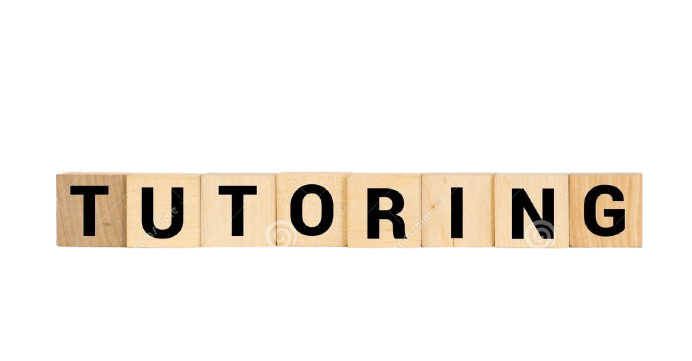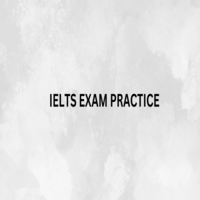You will spend a lot of time preparing for the IELTS test on your own. This means you should work hard and study strategically. However, research shows that even when independent learners know which of their language skills are strong and which are weak, they still tend to spend more time on their strong areas.
Identify your weaknesses
First, you need to know what your strengths and weaknesses are. Find practice tests online and try two or three of each skill. If your answer is yes, evaluate. Even if it isn’t, you should know which tests are easier and which are harder. Understanding your relative performance in each of the four skills is important.
Manage Your Time
Once you have identified your strengths and weaknesses, you must know how much time you have for IELTS preparation. Download the time management guide to help you with this. Take time to prepare and practice for the IELTS exam. The final step is to create a new revision plan. Divide your available time between four forms of testing: reading, writing, speaking, and listening, dedicating time to your smartest skills. Now you know how many hours you spend on each skill each day. You need to make sure your revision schedule includes everything you need to complete on and before exam day, and you also need to learn how to manage stress levels.
Be disciplined
Finally, you need discipline. It’s human nature to spend more time on the areas you are best at and which you enjoy the most. But this will not help you get the band score you need. Particularly if you are short of time (some candidates only have one month to prepare!) you need to be disciplined, move outside your comfort zone, and you will deliver the best possible performance on your IELTS test day.




